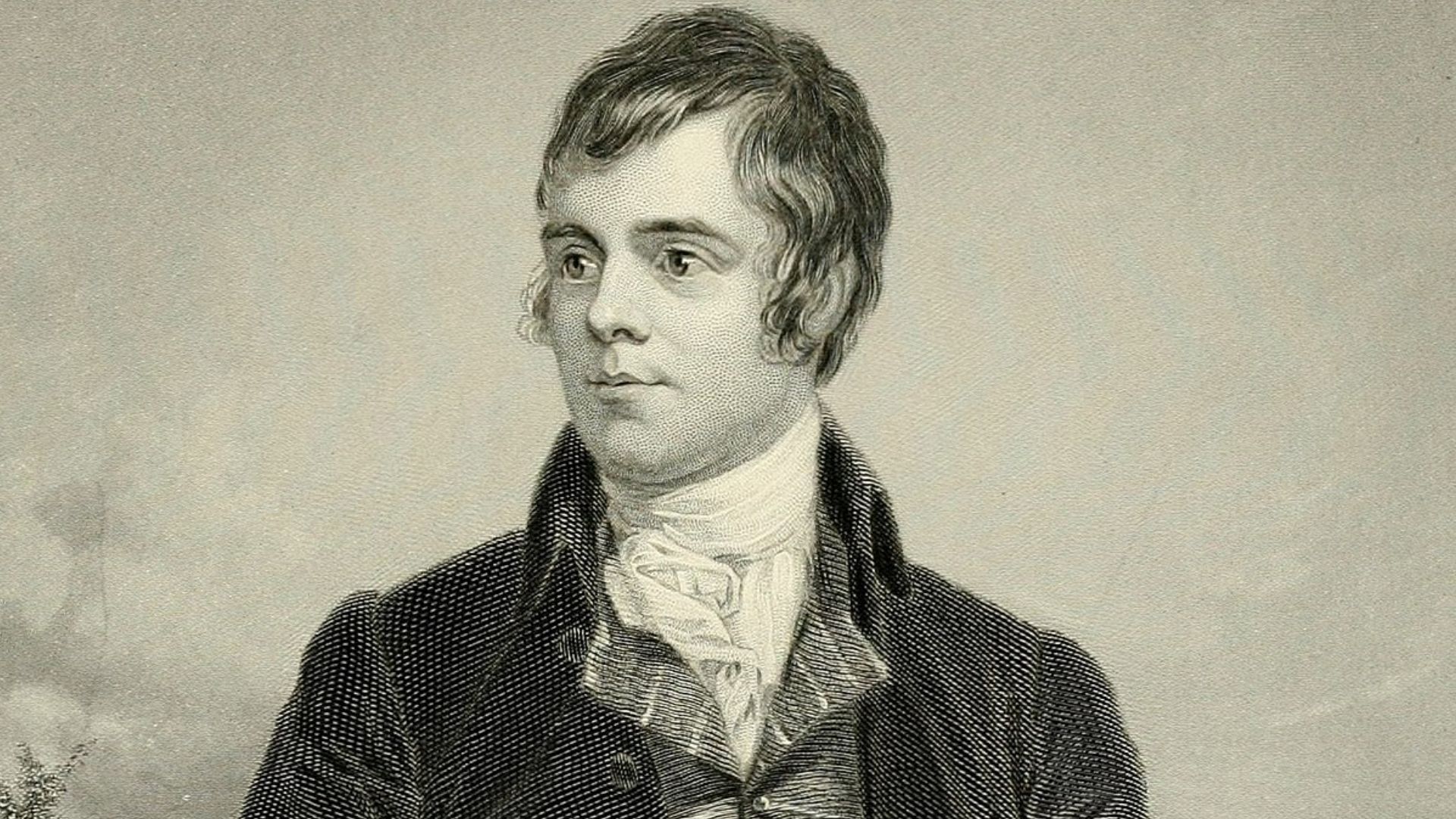A Man's A Man For A' That Poem by Robert Burns
A Man's A Man For A' That
Is there for honesty poverty
That hings his head, an' a' that;
The coward slave - we pass him by,
We dare be poor for a' that!
For a' that, an' a' that,
Our toils obscure an' a' that,
The rank is but the guinea's stamp,
The man's the gowd for a' that.
What though on hamely fare we dine,
Wear hoddin grey, an' a' that?
Gie fools their silks, and knaves their wine,
A man's a man for a' that.
For a' that, an' a' that,
Their tinsel show, an' a' that,
The honest man, tho' e'er sae poor,
Is king o' men for a' that.
Ye see yon birkie ca'd a lord,
Wha struts, an' stares, an' a' that;
Tho' hundreds worship at his word,
He's but a coof for a' that.
For a' that, an' a' that,
His ribband, star, an' a' that,
The man o' independent mind
He looks an' laughs at a' that.
A price can mak a belted knight,
A marquise, duke, an' a' that;
But an honest man's aboon his might,
Gude faith, he maunna fa' that!
For a' that, an' a' that,
Their dignities an' a' that,
The pith o' sense, an' pride o' worth,
Are higher rank than a' that.
Then let us pray that come it may,
(As come it will for a' that,)
That Sense and Worth, o'er a' the earth,
Shall bear the gree, an' a' that.
For a' that, an' a' that,
That man to man, the world o'er,
Shall brithers be for a' that.
Robert’s main theme lies in “pith o’ sense and pride o’ worth.” No matter what his or her station in life is, no person is above another. Their inner core (pith) , their brain gives them pride (worth) .
My feet tapped the floor as I read this poem; its rhythm moving me to keep time.
The poetry of Robert Burns is more complicated than the simple surface appearance we are reading. Yes Burns wrote in both Scottish and English, but this is not the reason, that this write is wonderfully problematic. To begin with it is a Scots song titled “Is there for honest poverty”. However it is famous and more commonly known as a poem called “A Man’s a man for a’ that”. This explains the constant repetition of each stanza, it was meant to be sung and easily remembered. The style is like a Scottish folk song and is concerned with injured class pride. We can dress this up with lofty terms such as liberty, equality, brotherhood, liberalism, socialism and egalitarian ideals; which explains why the Russians loved Burns and even erected statues to him. After all he was the ploughman poet, a communist ideal. Burns supported the American and French revolutions, he was a political poet, yet as a government employee, he could not express republican sympathies openly; least he lose his job and possibly his life. Therefore some language is coded and it would be appropriate for a Scots expert to comment on this. Interesting to note he did not write against slavery as other contemporary poets did, and considered moving to Jamaica in hopes of obtaining a higher social class, upon the profits of slavery, according to “Dr Gerard Carruthers, a lecturer in Scottish literature at the University of Glasgow.” Politics aside, I love the simple poetic poems of Robert Burns.
1st stanza 1st line: " ...honest poverty" 7th line: " ...their rank"
A price can mak a belted knight, A marquise, duke, an' a' that; But an honest man's aboon his might, Gude faith, he maunna fa' that! For a' that, an' a' that, Their dignities an' a' that, The pith o' sense, an' pride o' worth, Are higher rank than a' that. it's a great write greatly love it great 10+++++++++++++++++++++++++++++++++
No matter your status or your wealth when we go before our maker we are all equals. Our world could be so much better if we let a little Burns into out lives.
Love the writings of Robert Burns...and have since High school Linda Smith
This poem has not been translated into any other language yet.
I would like to translate this poem
Burns defined what an honest man was. An honest man can not be bribed by class, an honest man may be a poor man but an honest man is an independent man.